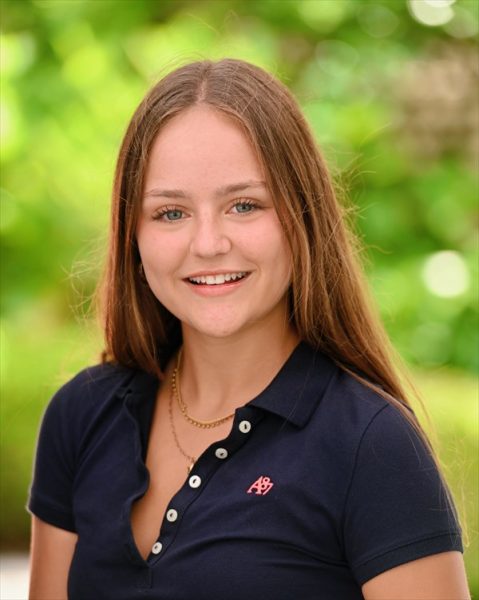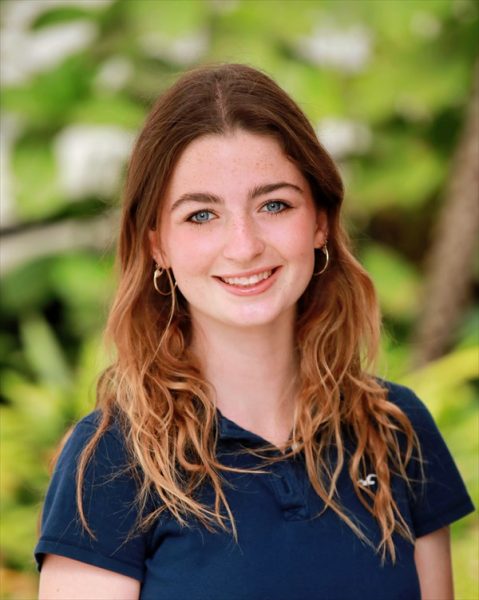Schedule change surprises students
November 13, 2015
Junior Grace Apple walked into her G Period U.S. History classroom, prepared for class and expecting for it to commence at the regular 8 a.m. time, unaware of the special schedule modification which occurs once a month.
“I went to my first period class because I thought it was a normal school day,” Apple said. “I had no idea we had a morning collab period. I wondered if it was Congé.”
Collaboration Lab period, commonly called ColLab, serves as a time designated for student-teacher meetings and group work. Once a month, the period gets moved from its regular 10:50 a.m. to 11:45 a.m. time to 8 a.m. due to a faculty meeting.
“It doesn’t really make sense if you need help from teachers and they’re in a meeting” sophomore Rosie Morford said.
Some students arrive at 8 a.m. while others trickled in afterwards, taking advantage of the fact that attendance is not taken until the first class begins.
“I think it’s nice because we get to sleep in,” junior Ally Arora said. “But it’s better to have it in the middle of the day because then everyone uses it wisely.”
Approximately 22 students occupied the Center, doing group math work and using the white boards.
“Usually I use this time to get ahead,” freshman Laura Mogannam said. “I’ll do homework, or study if I have a test.”
During the period, Morford sits with 5-year-old Caroline, history teacher Michael Stafford’s daughter, who needs someone to babysit her and walk her to school while her father has a meeting.
“My school doesn’t start until 8:15,” Caroline said. “So I get to hang out with Rosie, but not everyday.”
Morford and Caroline spend the time together by drawing on whiteboards in the Center.
“We play guessing-letter games, which is where you guess letters,” Caroline said.
Some students use this time to get breakfast, arriving to school with hot drinks in hand from nearby cafes.
By 8:55 a.m., most students arrive to school, filling the hallways and common areas like the Gallery and Center before their morning classes.
“I would take advantage and sleep-in in the morning if I could,” Mogannam said. “But I have a carpool so I can’t.”
Teachers and faculty need to do a better job of warning students of the schedule change ahead of time, according to Arora.
“We have a quiz in class today,” Apple said. “If I had known that ColLab was first, I would have gone to bed earlier and studied this morning.”









